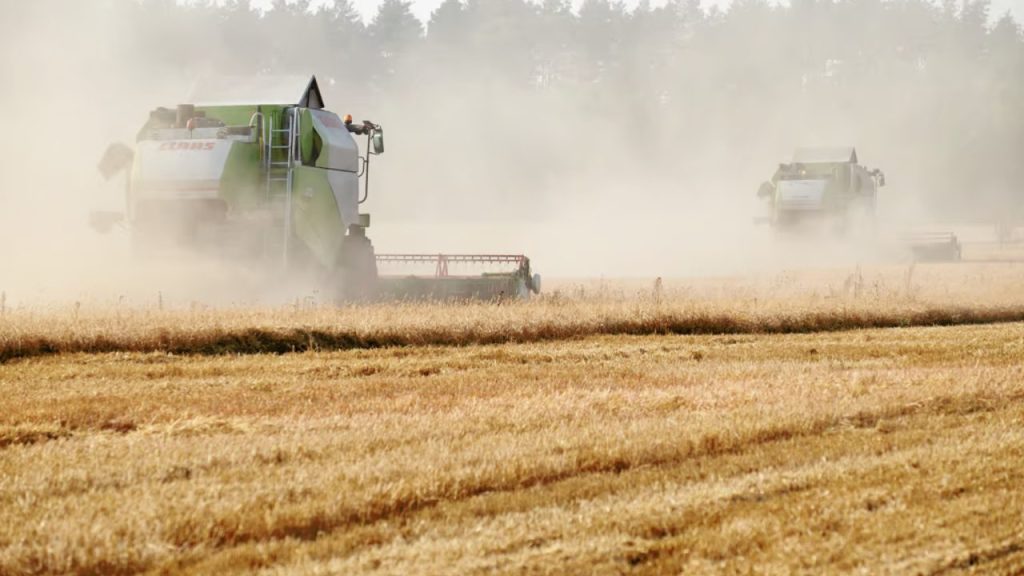Kyiv is set to initiate legal action against Poland, Hungary, and Slovakia due to their persistent refusal to lift a ban on Ukrainian agricultural products, as revealed by Ukraine’s Trade Representative, Taras Kachka, in an exclusive interview with POLITICO’s Brussels Playbook.
These bans, imposed by the three Central European nations, aim to shield their farmers from an influx of agricultural exports from Ukraine, particularly following Russia’s blockade of Ukrainian ports on the Black Sea. Poland’s governing party is particularly determined to curb this flow, given its close ties to rural support bases ahead of the October 15 election, which have expressed discontent over increased Ukrainian agricultural exports.
Kachka emphasized the importance of establishing the illegality of these actions, stating that legal proceedings would commence soon. Kyiv is also preparing to respond by restricting Polish fruit and vegetable exports.
This defiance by Poland, Hungary, and Slovakia directly contradicts the European Commission’s decision last Friday to permit Ukrainian grain sales across the EU. In response, these three countries announced their intentions to impose their own bans on Ukrainian grain, viewing the Commission’s decision as a sign of distrust toward Brussels.
Kachka argued that this open defiance transcends the EU’s internal affairs and raises a significant systemic concern regarding whether international trade partners can rely on Brussels as the voice of the EU. He expressed concern over Budapest and Warsaw ignoring the EU’s position on trade policy, which could undermine EU unity.
Also Read: Ukraine Troops Retake Klishchiivka Village Near Bakhmut: Zelenskiy
Kyiv’s plan is to take the matter to the World Trade Organization rather than relying on its trade agreement with the EU. Kachka believes that showcasing how EU member states behave towards trade partners and their own Union will have global implications.
Slovakia extended the EU’s previous grain ban, while Poland expanded its bans to include Ukrainian flour and feed. Hungary went even further by banning 25 additional products, including meat, which had not been discussed previously.
Kachka described these arbitrary prohibitions as unreasonable and accused Hungary of making a bold political statement aimed at blocking trade with Ukraine and disregarding Brussels. Poland’s added bans will significantly impact Ukraine’s exports, prompting Kyiv to consider retaliatory measures if these bans are not lifted.
Although Budapest’s additional bans are largely symbolic, as Ukraine does not export significant quantities of beef or pork to Hungary, Poland’s measures will affect a substantial portion of Ukrainian exports, according to Kachka. If Warsaw does not withdraw these additional bans, Kyiv may retaliate by imposing restrictions on the import of fruit and vegetables from Poland.
While Budapest and Warsaw argue that their actions protect their farmers from depressed prices caused by surging Ukrainian products, Kachka countered that these claims were flawed, asserting that Poland’s ban would not benefit farmers or affect prices due to their global nature.


In an attempt to resolve the dispute, Brussels has proposed that Kyiv impose its own export restrictions in the event of sudden surges. Kachka expressed Kyiv’s readiness to take on this responsibility, implementing a real-time export licensing system for grains to both slow exports to neighboring countries and allow swift responses to surges.

